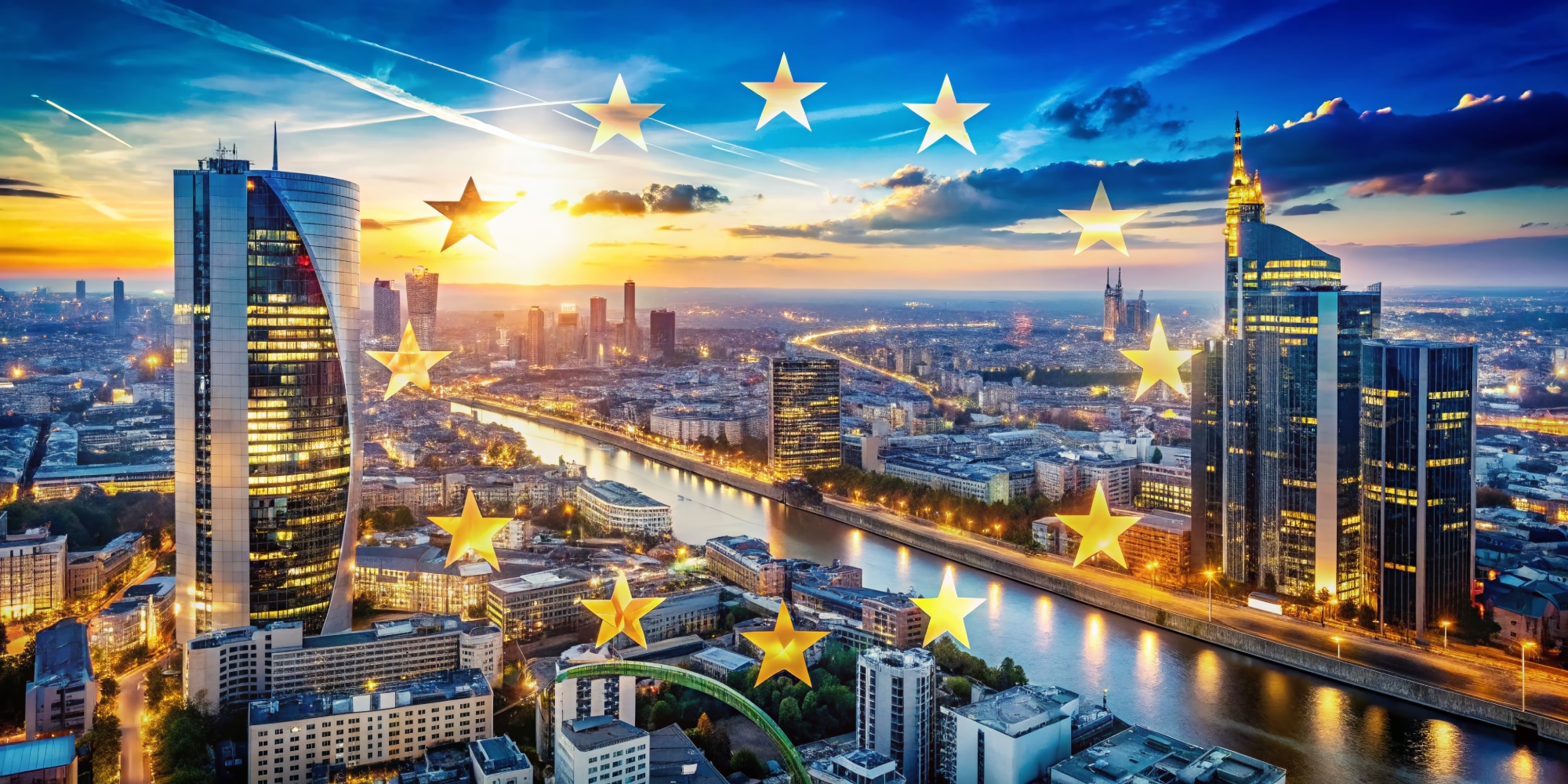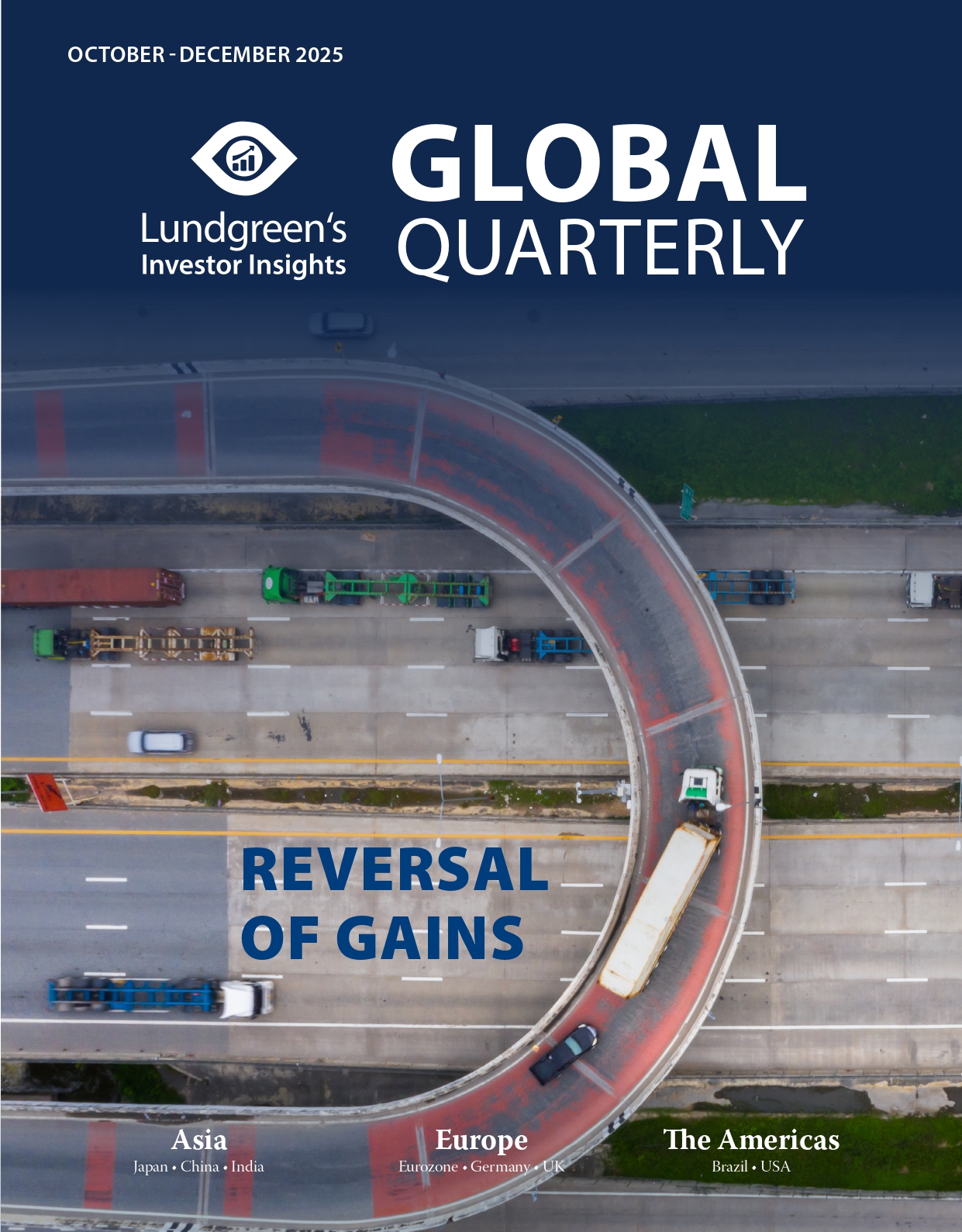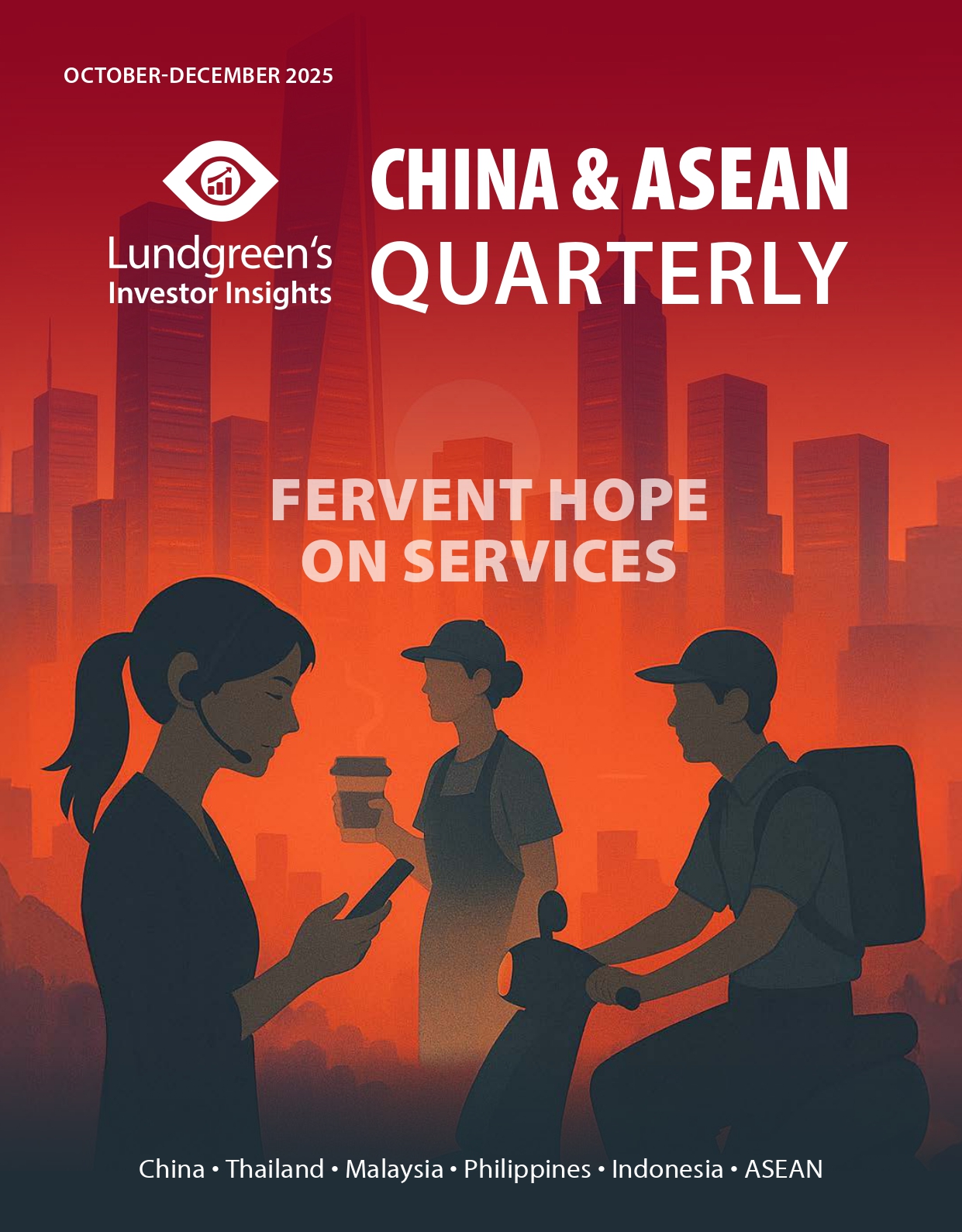Tourism in Europe is high this year, but that’s about it
Southern Eurozone member-states will benefit in the short term from ever-growing mass tourism, but it is hard to say that anything has fundamentally improved during the last year.
Since US President Donald Trump took over the Oval Office again, three American knights have visited Europe. The first knight was the nearest representative to the new president in town – on paper, at least. During a visit in Europe, US Vice President JD Vance told Europeans that they are doing everything wrong. On top of that, he relayed Trump’s message demanding to get Greenland from Denmark before making his exit.
At that time, the real number two to the US president was not Vance but another knight: Elon Musk. The tech CEO’s visit was even shorter; he just wanted to show Europe the chainsaw he used to cut the public sector back home. A couple of weeks later, he was suddenly reassigned from Washington, DC back to California.
On 10 July, the third knight arrived. This is no Mr. Nobody: this was Jamie Dimon, CEO of America’s biggest bank JPMorgan Chase & Co., who has held that position for 20 years. One of the many positive characteristics of Dimon is how he openly shares his views on the economy and society with the public.
As a banker, Dimon addressed his view in an open and constructive way, but the message was straightforward: that Europe has lost completely to the US and China. In his speech to, or rather, about Europe, he said outright: “you are losing”, and highlighted everything from weak competitiveness to structural problems in the economy. Dimon was just as direct in his wording as the two previous knights were.
This leads to two immediate thoughts. First is that Europeans were furious about how Vance and Musk behaved as they loudly criticised Europe. Dimon was just as tough in his view towards Europe, except he phrased it in a way that Europeans were asking for. However, only a limited number of high-quality media covered Dimon’s visit and speech. In reality, in the broad media landscape, Europeans predominantly gave their attention to the loudest in the room, which is regrettable.
Second, we argue that it would have been interesting to learn the views, ideas, and suggestions from all three knights in a more conversational language. It is likely that a coherent action paper for Europe, instead of a 401-page Draghi report that will be circulated for another couple of years in Brussels without further operationalisation, could have been the outcome.
Hazy summer tourism
Summer is coming to an end in Europe and the last batch of visitors are going home, meaning Europe has once again lost the opportunity to get some valuable insight from people abroad. During this time of the year, we at Lundgreen’s always get the same feeling concerning the southern European members of the EU. Despite what Dimon deems as a lost situation, another tourist season is now almost over wherein 3-star hotel occupancies have risen higher from a year ago and Airbnb bookings have reached a new record. Surely, there were frictions in some areas between locals and tourists, but the tourists have won. As an example, Graph 1 shows the ever-increasing number of tourists arriving in Spain.

As mentioned, we get the feeling that a broad range of businesses in the Mediterranean EU countries feel a sort of complacency at this time of the year, such as the call for economic reforms getting postponed to the following year.
It is obvious that Europe has lost out, and this is also the reason why we have underweighted Europe and overweighted other regions in the world in our investment recommendations over the past years. However, the tide can change. While we certainly hope that good reasons will emerge for us to allocate more investment flows towards Europe, a healthy tourist season is not enough reason for us to reconsider.
Graph 2 hardly gives reason for any optimism. The mood among businesses is clearly frozen at a deeply negative level. The average has been zero for the past 40 years, with an extreme low at -3.31 at the end of the Global Financial Crisis in 2009 and a high of +1.90 after the COVID-19 lockdown in 2022.

It is clear to many, especially those outside Europe, that changes have to happen in Europe. We cover Germany separately, but France is another economy that needs a major shake-up and not just a repair. It is not responsible to let an already debt-loaded country run such a steep fiscal budget deficit, as is the case with France.
Spotlight on France
The current economic situation in France makes the job of the prime minister pretty challenging. On 8 September, Prime Minister François Bayrou lost his mandate in a confidence vote. The main reason was due to an austerity plan to cut the budget deficit – exactly what is required in France.
President Emmanuel Macron has already announced Sébastien Lecornu as the next prime minister. He seems to be afraid of demonstrations. To illustrate, the proposed austerity package included turning two public holidays into workdays to improve French labour competitiveness, but this wreaked havoc in the streets of France. As a first step, Lecornu removed this provision from the austerity measures and did not propose alternatives.
The rating agency Fitch has lost its patience with the French government, so its AA- rating was cut to A+ a few days ago. It is the same rating that China has, and once countries like Malaysia and the Philippines move up the rating ladder; next time, they will come close to the French credit rating.
This confirms our long-term outlook for a number of European countries: that middle-class households in countries like France is now just at par with the living standards of the middle class in fast-growing emerging markets in Southeast Asia. The significant difference is that European households are moving downward while they bear a huge cost base, whereas Asian households are moving upwards on a lighter cost base.







